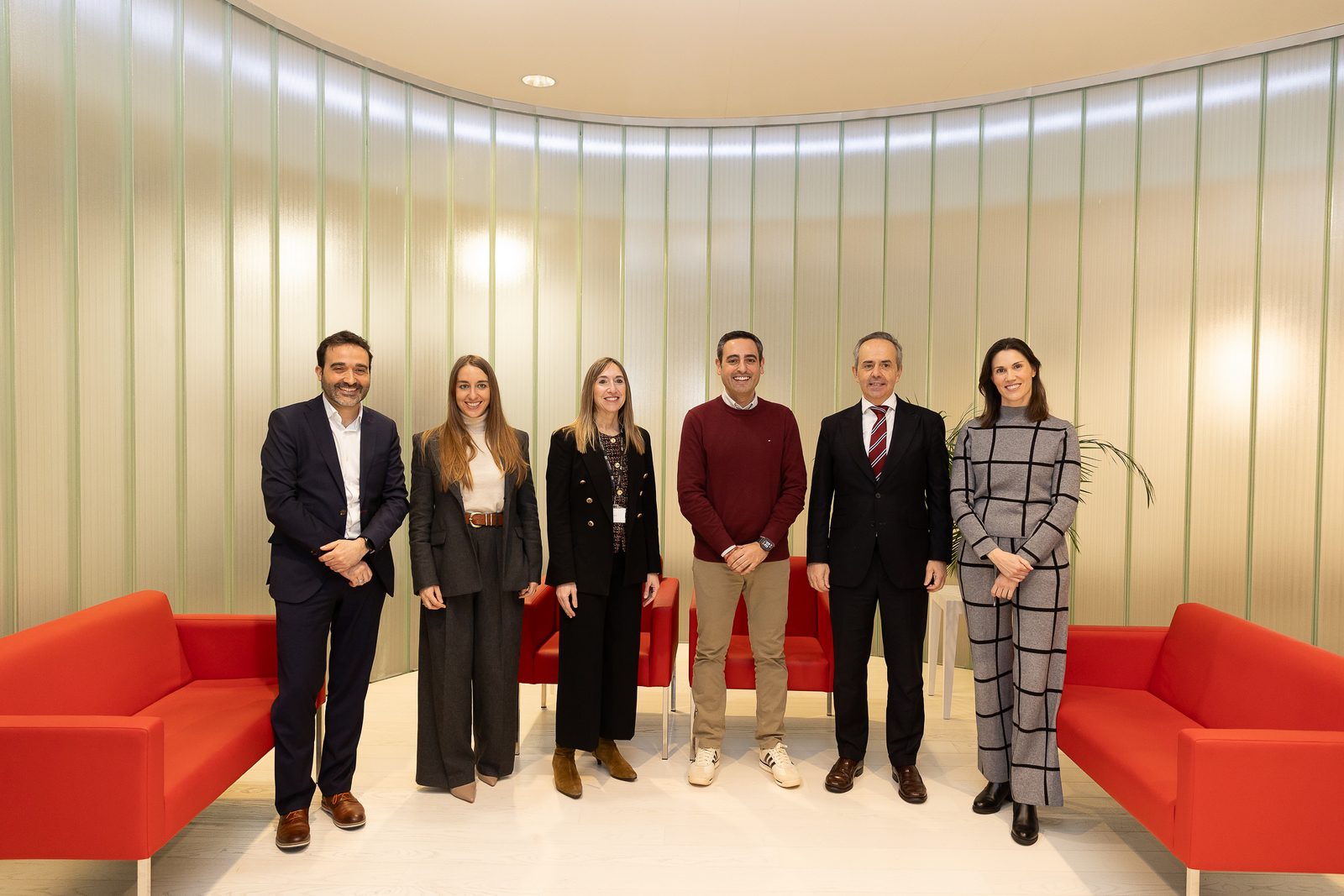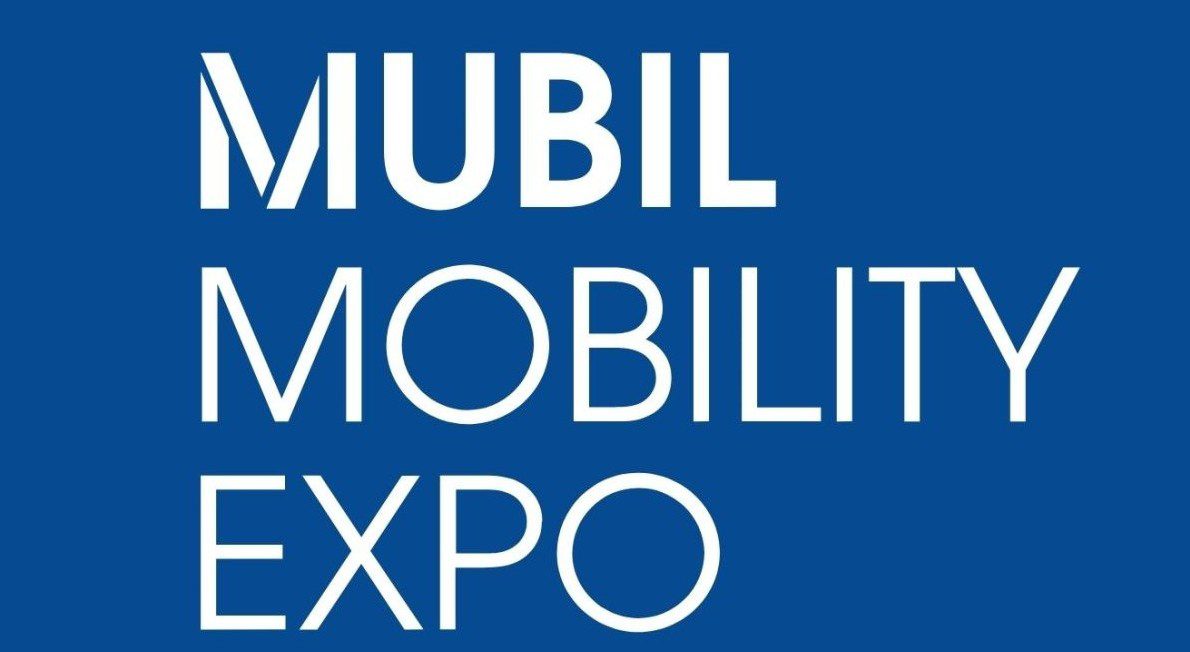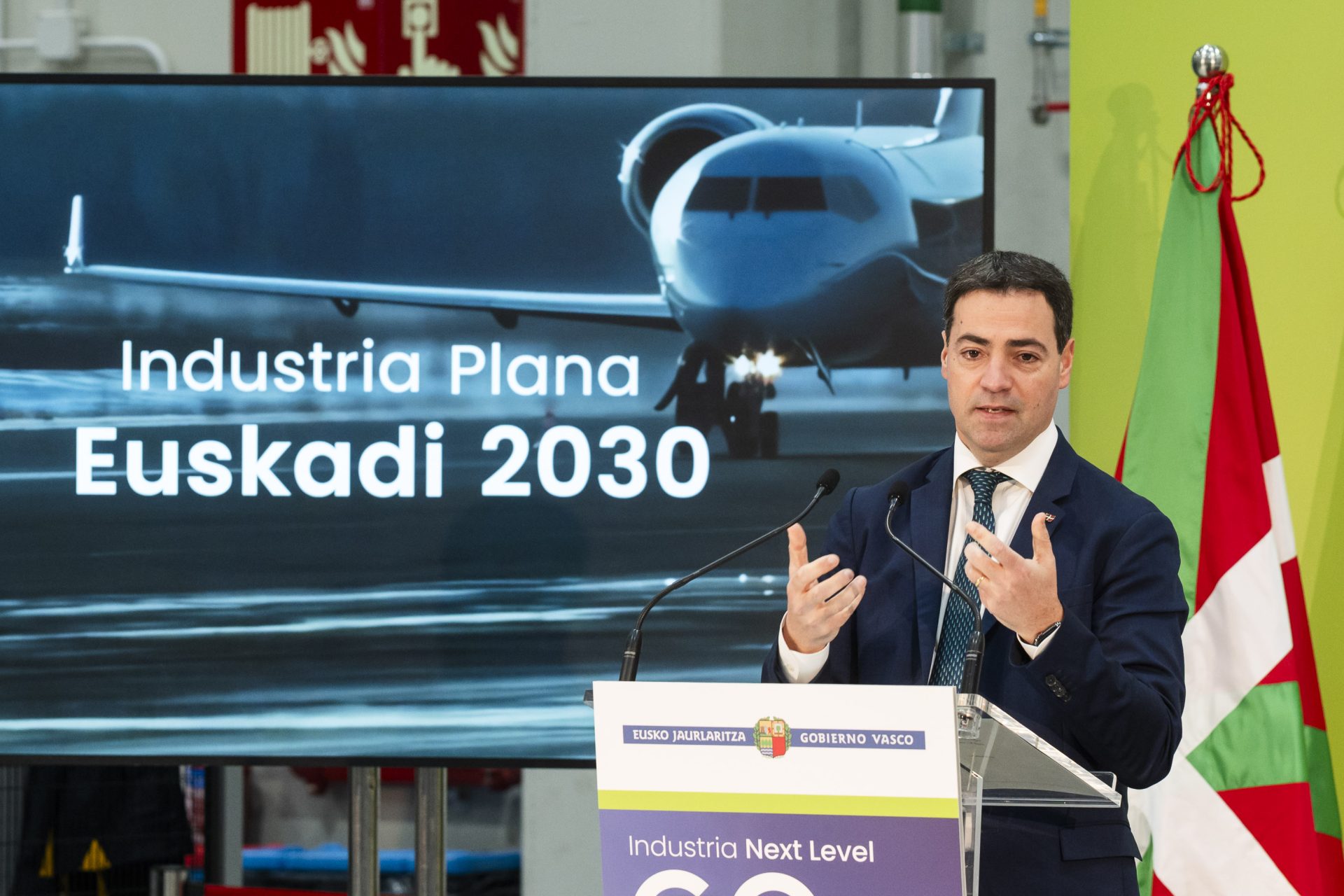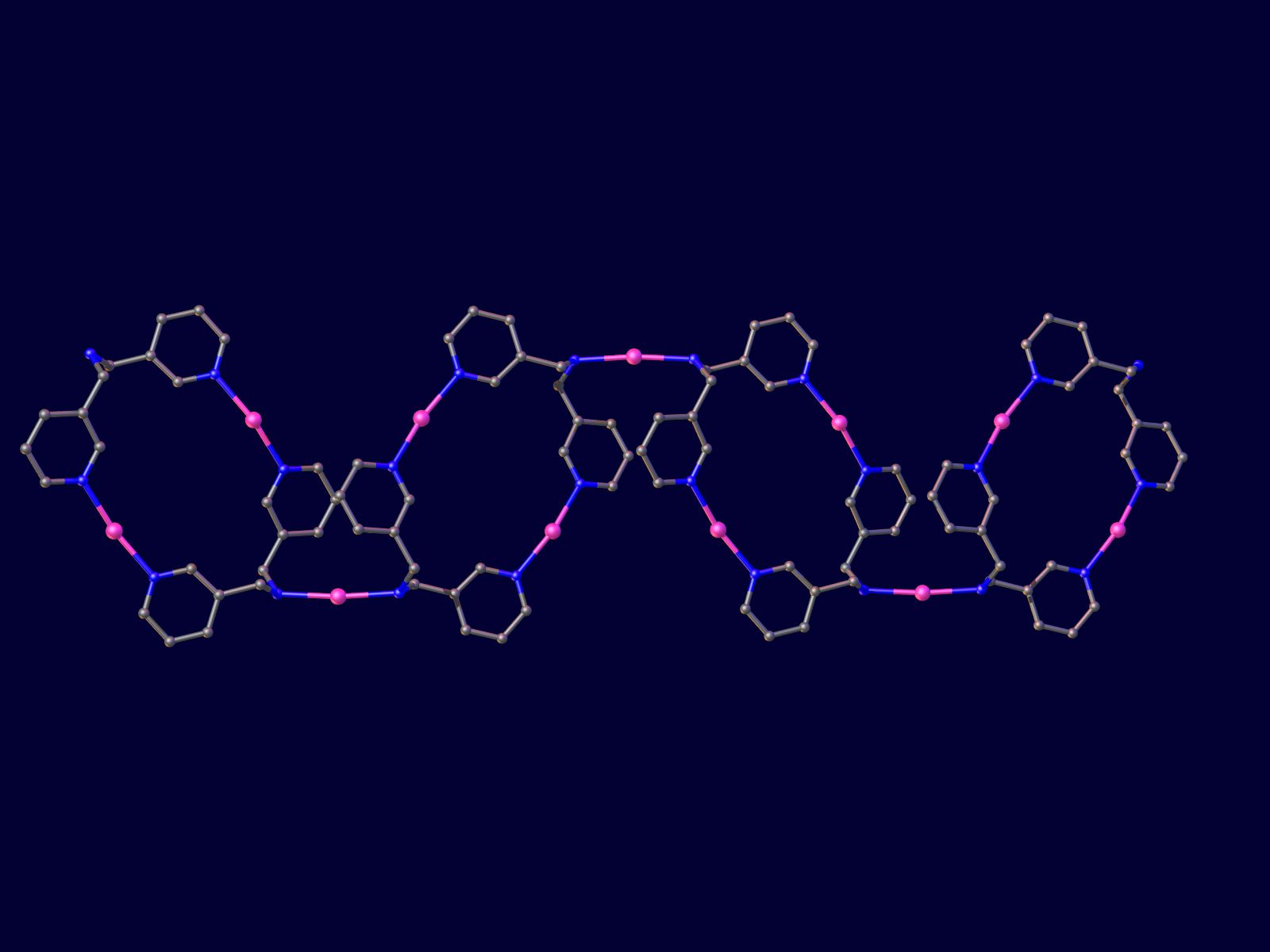LUR-1, the first 100% Basque satellite: The Lehendakari recognises the leadership of AVS for placing the Basque Country “on the map of the world and of space”
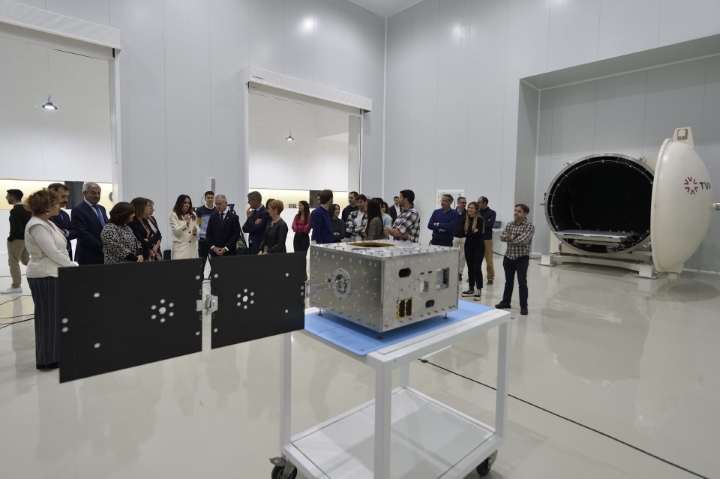
Iñigo Urkullu visited the AVS facilities on the Vitoria-Gasteiz Campus of the Euskadi Technology Park, where he learned about its upcoming space missions.
The company is responsible for the LUR-1 Project, the first 100% Basque satellite to be used for Earth observation, and today it was announced that it has been awarded the NASA ROADS mission.
 Iñigo Urkullu stated that the space industry is one of the sectors that will grow the most in the coming years and highlighted the leadership of the AVS company in placing the Basque Country on the “map of the world and of space”.
Iñigo Urkullu stated that the space industry is one of the sectors that will grow the most in the coming years and highlighted the leadership of the AVS company in placing the Basque Country on the “map of the world and of space”.
Accompanied by the Basque Councillor Arantxa Tapia, the Lehendakari visited the AVS company’s facilities on the Vitoria-Gasteiz Campus of the Euskadi Technology Park at midday this afternoon, where he had the opportunity to learn about its forthcoming space missions from the company’s managers.
After the visit, the Lehendakari expressed his admiration for the fact that a company, born in a small town like Elgoibar and based in Araba, is developing and sharing technological capabilities “with first division allies” such as NASA or the European Space Agency. “These are, without a doubt, big words. A source of pride for our country”, he said.
He assured that in the Basque Country “decisive steps” are being taken towards innovation and development and indicated that in the last three years public investment in R&D&I has increased by 31%, which brings it closer to convergence with Europe.
He thanked AVS for the opportunity to see first-hand the work currently being carried out by this space company, such as the LUR-1 Project, the first 100% Basque satellite to be used for earth observation, which will be launched in the middle of next year from California on the ‘Transporter 11’ mission of ‘SpaceX’.
In addition, as announced, AVS has been awarded the NASA ROADS mission, which is of great interest to the space agency as it will demonstrate key technologies for orbiting, life extension and maintenance of satellites in orbit.
“AVS works by looking into space, something that has always attracted human attention. Thanks to your work, you shed a little more light on the great black cloak that surrounds us. To better understand the universe of which we are a part,” he concluded.
